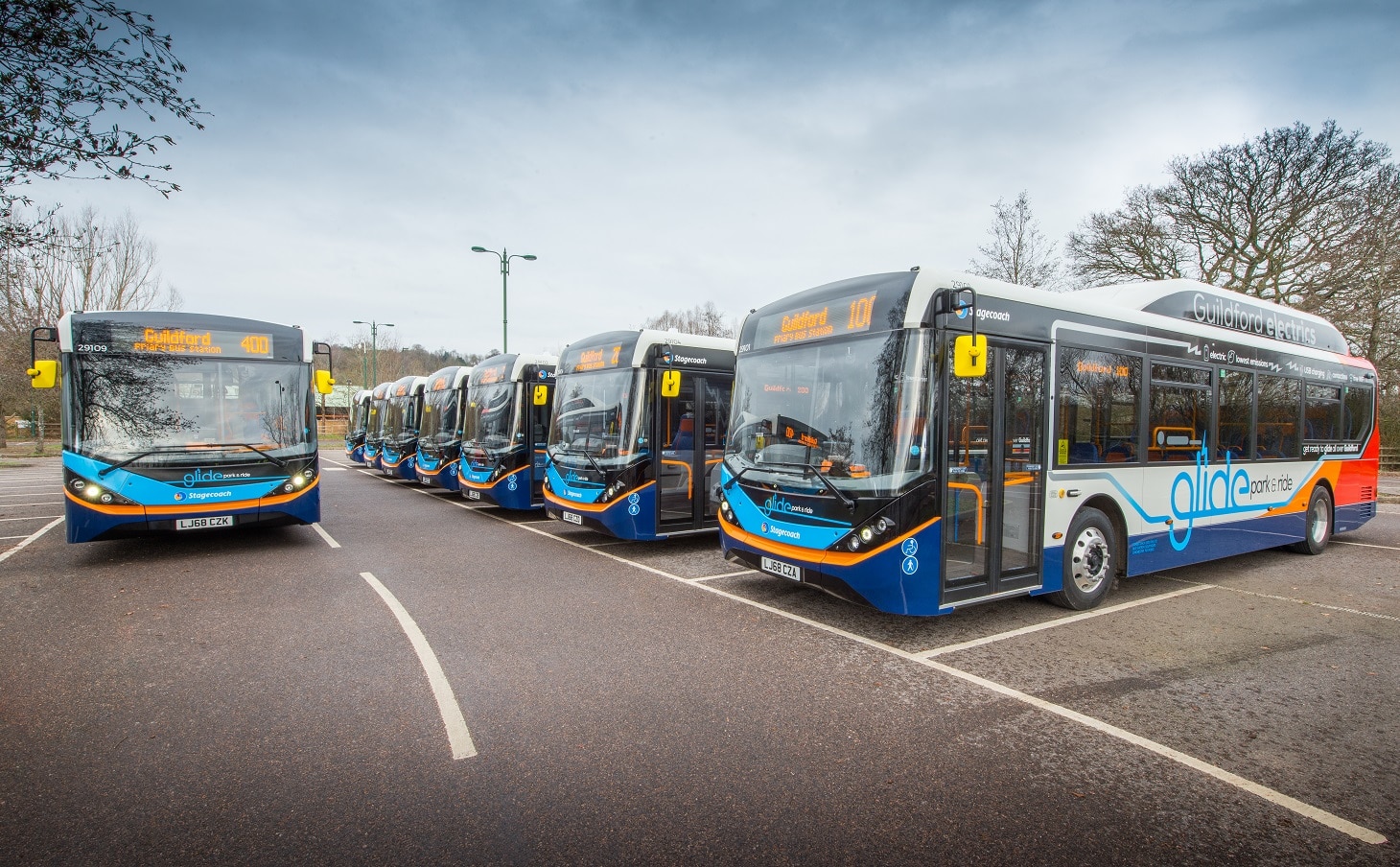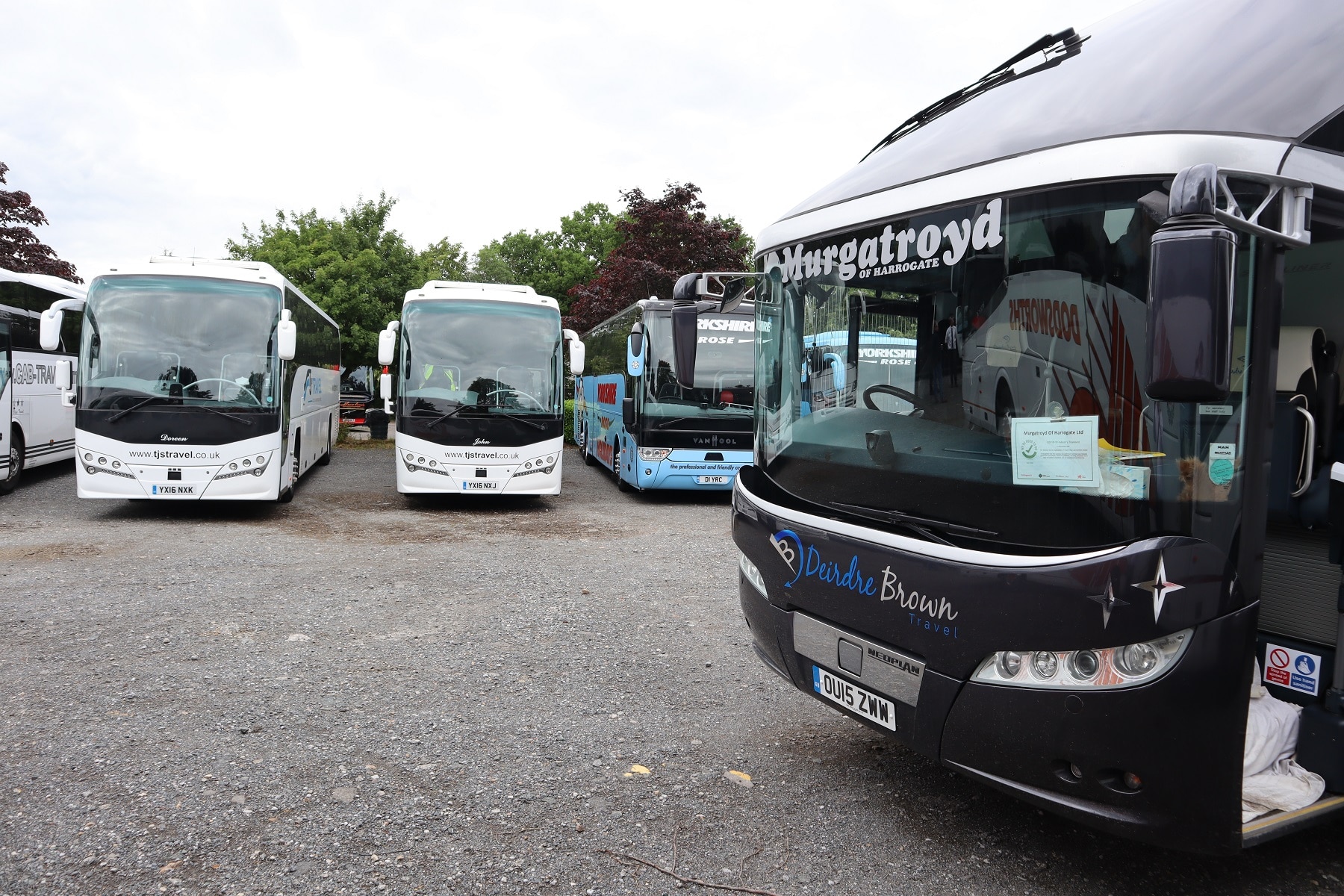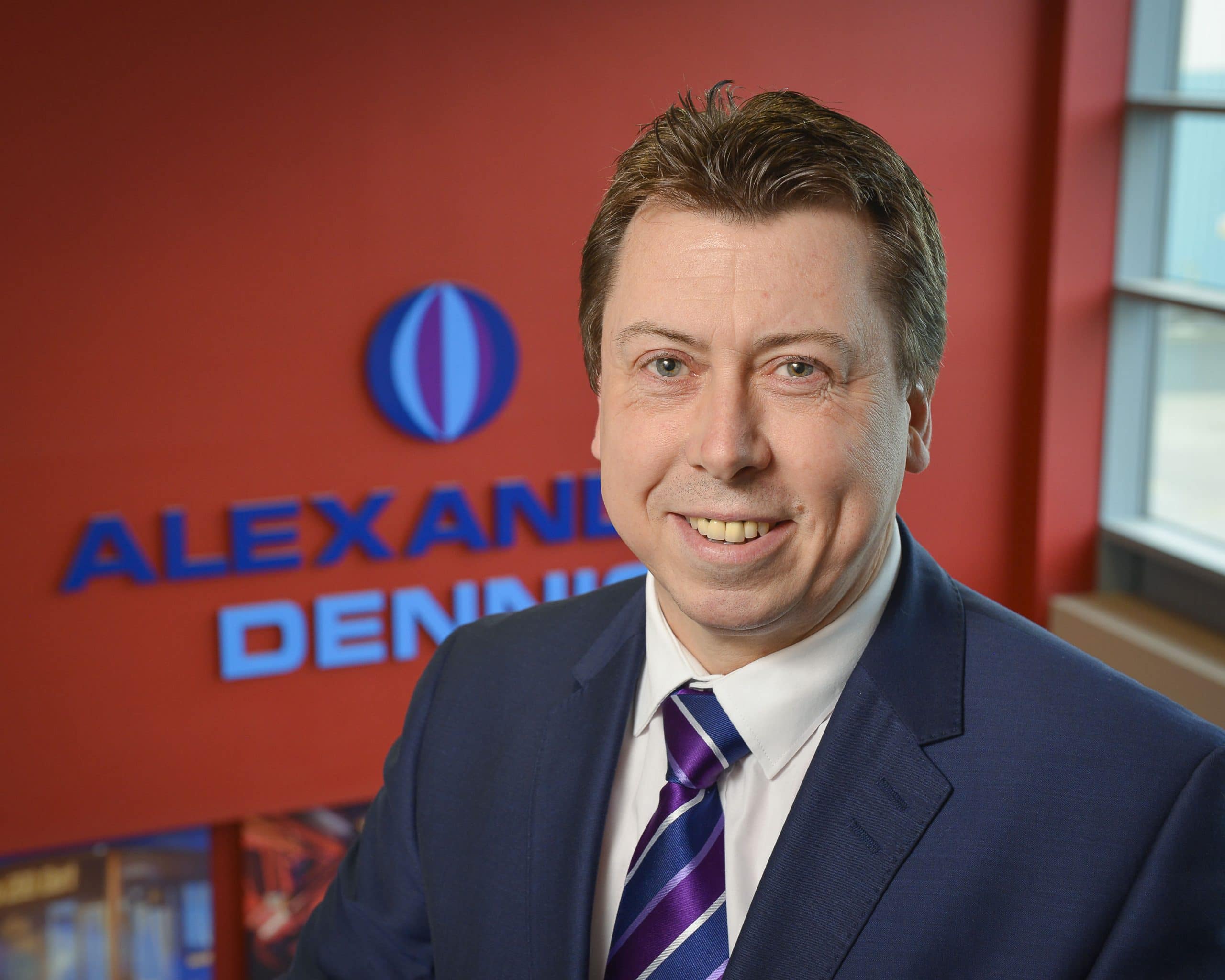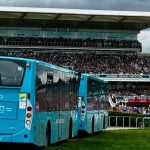The Zero-Emission Bus Regional Areas (ZEBRA) scheme in England has been launched. It will provide a maximum of £120m of capital funding towards up to 500 emission-free buses and their associated infrastructure.
ZEBRA was trailed in the National Bus Strategy for England as being an early step on the roadmap towards the 4,000 zero-emission buses promised by Boris Johnson in February 2020. It will act as a place-based ‘pathfinder’ project to develop financial and commercial models to deliver zero-emission buses at scale.
Two approaches for ZEBRA buses funding pot
The government is calling on “consortia of local transport authorities (LTAs), energy companies, bus operators and manufacturers” to come together and work up cases for funding. It wants to see the ZEBRA funding “used quickly to help provide British bus manufacturers with an injection of orders.” Bids will be led and submitted by LTAs.
Closing date for expressions of interest (EOI) for a fast-track process is 21 May. That deadline will capture LTAs with “well developed proposals” that wish to move quickly in a bid to secure money. Other LTAs that need more time to develop proposals will have until 25 June to do so.
LTAs will be able to decide which of these approaches they follow, but in both cases the government wants them to set out as part of their bid how the proposal will fit with wider plans to improve bus services in their area.
Following the EOI stage, a business case will be submitted to a competitive bidding round. Deadlines for those are 30 July for fast-track entrants and “by February 2022” for others. It is anticipated that successful schemes will begin to delivery in September and by March 2022, respectively.
Fast-track bids will receive up to £70m of the total funding. Those submitted via the standard process will get up to £50m. There is no minimum size for individual bids, but the guidance document states that each is expected to be for £25m-35m.
Use of ‘green’ energy will be favoured in bid assessment
The Department for Transport (DfT) wants to fund at least three areas through the scheme. Bids involving private finance or leasing are welcome. DfT adds that schemes which will see buses powered by ‘green’ energy will be favoured.
The amount of support provided to winning bids will be based on the funding formula used for the Ultra-Low Emission Bus and the All Electric Bus City schemes. DfT will contribute up to 75% of both the cost differential for a zero-emission bus, and the capital expenditure incurred by the purchase and installation of associated infrastructure.
The guidance document states that only zero-emission double- and single-deckers – and not coaches or minibuses – are eligible for funding. It is expected that buses funded under ZEBRA will be equipped with audio-visual next stop announcements including induction loops and have space for two wheelchair users.

























